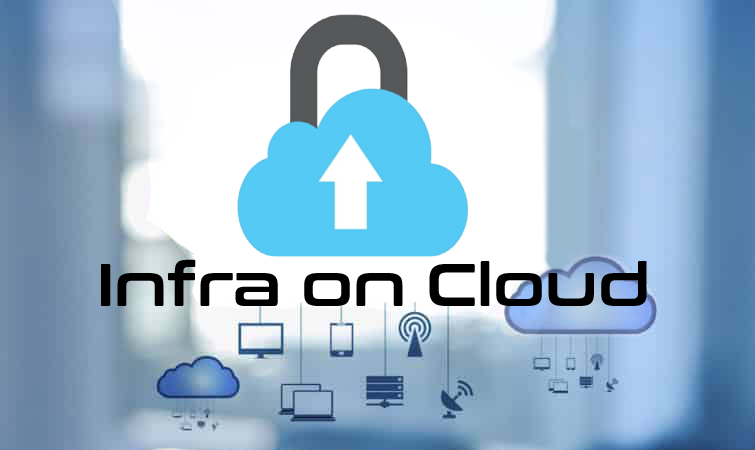Data center compliance is essential for ensuring the security, reliability, and privacy of sensitive information stored within data centers. Compliance standards provide a framework for data center operators to follow in order to ensure that their data center is operating at a high level of security and that sensitive data is properly protected.
In recent years, security has grown more critical to businesses. Because even if we store our data within the in-house data center or third-party providers, cyber security attacks are grown as a real-time threat to your business operation. For that Datacenter should follow some compliance standards for security.
Types of Compliance Certificates
There are many compliance standards that data centers may need to comply with, including regulations related to data privacy, security, and availability. Some of the most common data center compliance standards include:
- HIPAA (Health Insurance Portability and Accountability Act)
This HIPAA, Cloud Storage security, and regulation require that all organizations that handle electronic medical records or personal health information must implement strict security measures to protect the privacy and confidentiality of patient data. HIPAA Compliance also touches Datacenter providers. It considers all organization business associated with Health care providers.
- PCI DSS (Payment Card Industry Data Security Standard)
This standard applies to organizations that handle credit card information and requires them to maintain a secure network, implement strong access controls, and regularly monitor and test their security systems. PCI DSS is developed by PCI SSC (Payment Card Industry Security Standard Council) whose members included credit card companies such as Visa, Mastercard, American Express, etc.
- ISO 27001
It is an internationally recognized standard for information security management systems that require data centers to implement a comprehensive set of security controls to protect sensitive data. By achieving this certificate, we can exhibit our ISMS meets international best practices and holds up to an audit.
- SOC 2 (Service Organization Control 2)
This is a standard for auditing and reporting on the controls in place at a service organization, including data centers. It requires data centers to implement a variety of security, availability, and confidentiality controls to ensure the integrity of their services. There are two different types of SOC2
Type 1: This SOC 2 Type 1 report assesses whether an organization’s internal controls are designed properly at the time of audit.
Type 2: This SOC 2 Type 2 report calculates the effectiveness of security and privacy control over a period of time.
- Cloud Security Alliances (CSA) STAR Certificate
Cloud Computing has opened up many opportunities, but it also presents several risks. The Cloud Security Alliance (CSA) STAR Certification is a program that provides a rigorous third-party independent assessment of the security of cloud service providers (CSPs). The certification is based on the CSA’s Cloud Control Matrix (CCM), which is a set of security controls and guidelines for cloud service providers.
Conclusion
Complying with these standards is important for a number of reasons. First and foremost, it helps to protect sensitive data from unauthorized access or theft. Additionally, compliance can help to build trust with customers and stakeholders by demonstrating a commitment to security and data protection. Finally, compliance can also help to avoid costly fines or legal penalties that can result from non-compliance with regulations
![]()

